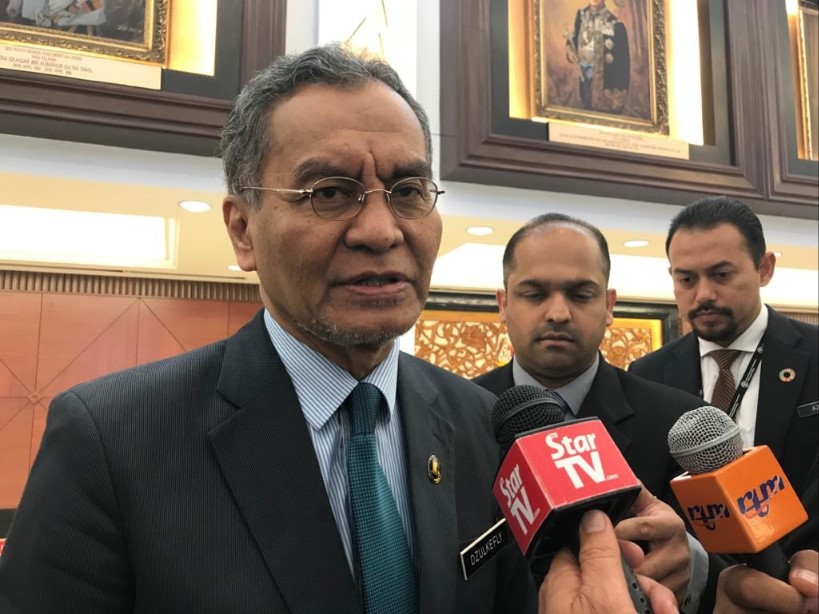KUALA LUMPUR, Dec 5 — The government has delayed to next year its decision to gazette into law a controversial Bill that criminalised doctors for rejecting patients’ drug prescription requests.
Health Minister Dzulkefly Ahmad today announced in the Dewan Rakyat that the second reading of the controversial Poisons (Amendment) 2019 Bill will be pushed to the next Parliament session, which convenes in March 2020.
Dzulkefly later told reporters that the Ministry of Health (MOH) wants to conduct consultations with stakeholders to hear their views in order for his side to improve the provisions in the amendment Bill.
“I will have engagements with these parties (for us) to plan,” Dzulkefly said in a brief press conference at the Parliament lobby here.
“This is consistent with what I have said about scrutinising the issues that were raised by them, together.”
MOH has come under fire from several physician groups and lawmakers for proposed amendments to the Poisons Act 1952 that would make it mandatory for doctors, dentists, and veterinarians to provide prescriptions upon request from patients.
Failure to do so will see them found guilty of an offence that is punishable by a maximum RM50,000 fine, up to five years’ imprisonment, or both.
Dzulkefly has since said MOH is mulling changing this to misconduct, to be handled by the Malaysian Medical Council, which regulates medical practice in Malaysia.
An MOH source, meanwhile, told CodeBlue today that the current amendment Bill will not be withdrawn and retabled as a new version for first reading in March.
“Whether or not there are amendments depends on the engagement we’re (going to) do again with the stakeholders,” the MOH source added, on the back of a claim by the Malaysian Medical Association that the amendment Bill was drawn up without significant consultation with the profession, especially private medical practitioners.
The amendment Bill was listed first in today’s Order Paper on orders and motions of Parliament’s lower house. It did not get read out and the second order was tabled first instead.
Besides mandatory prescriptions upon request, the Bill also expanded the powers of MOH enforcement officials to allow them to search private clinics, hospitals or other premises and to seize documents if an offence was suspected, protected them from lawsuits, and allowed evidence by agents provocateur.








